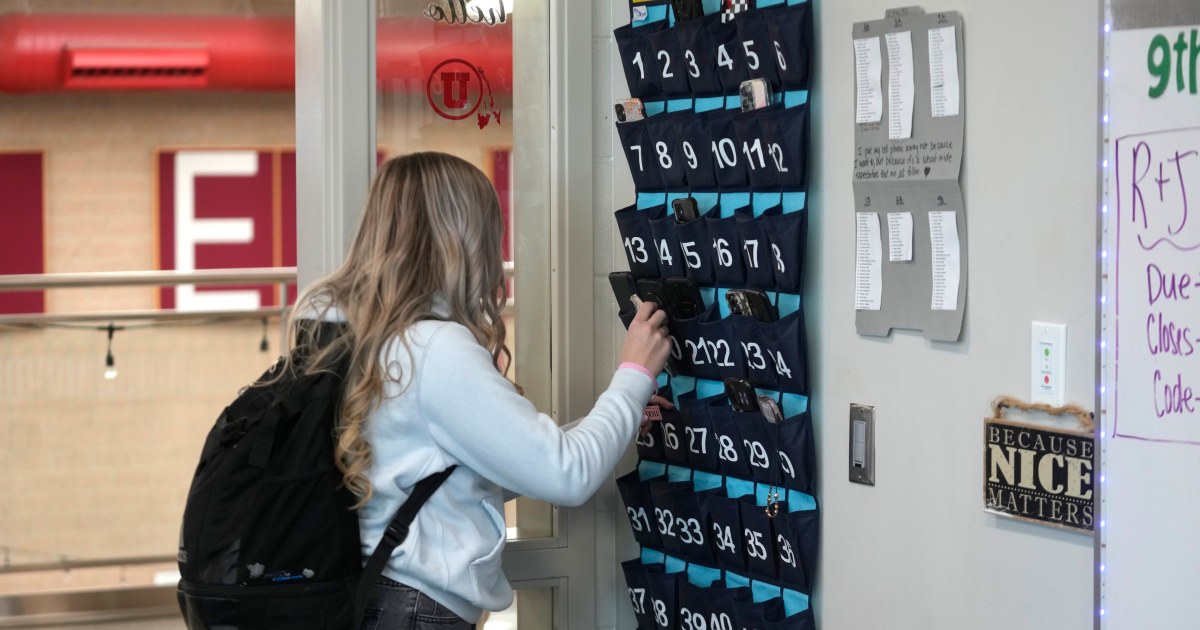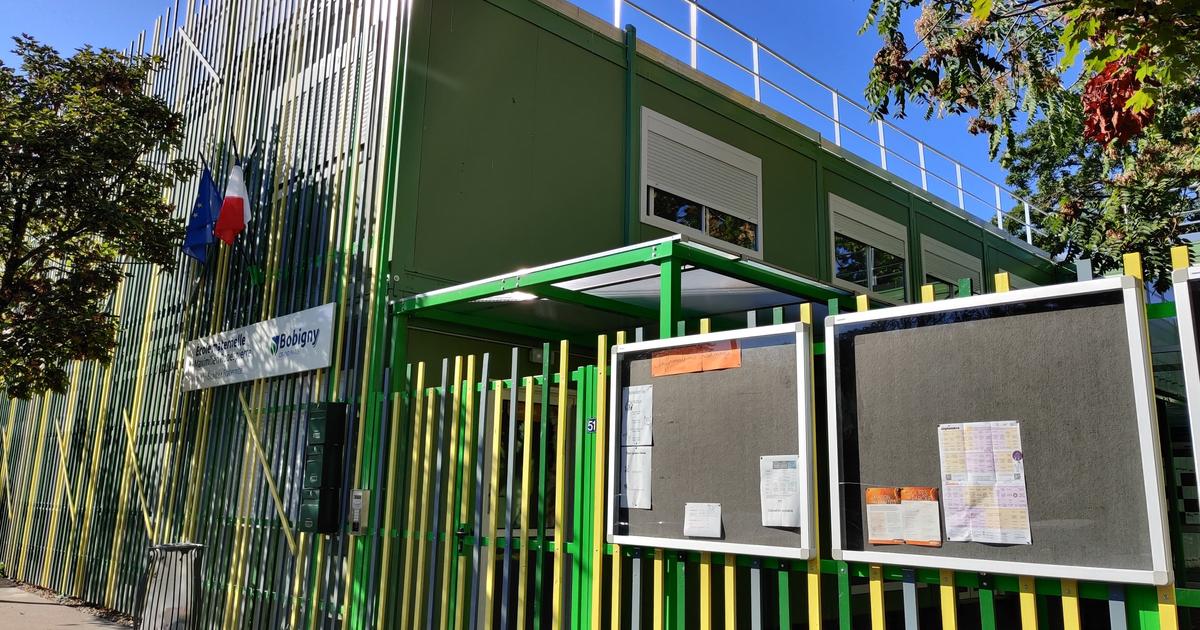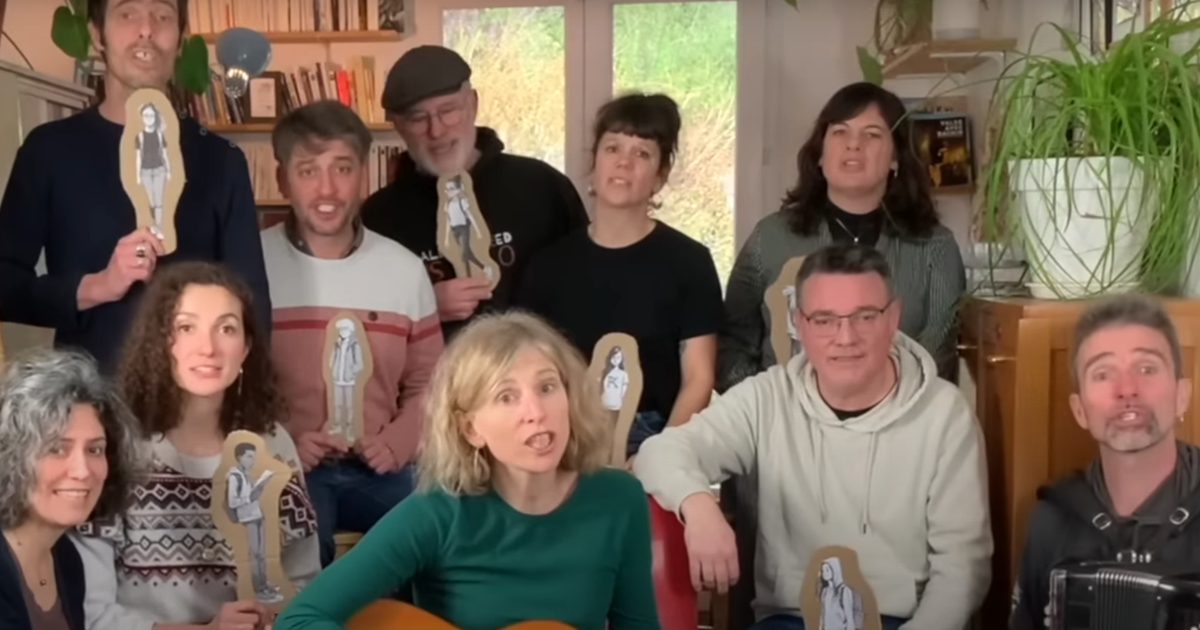Mirian Galán Marqués (Madrid, 40 years old) has been an Early Childhood Education teacher for 20 years.
She is also a speech therapist, an expert in active pedagogies and founder of the education platform SuperEducalandia.
Currently, she works at the Los Madroños nursery school, in the Madrid town of Pozuelo de Alarcón.
Galán has just been awarded in the V edition of the Global Teacher Awards as one of the best teachers in the world for her exceptional teaching work.
She is the only Spanish on the list.
This prize is known as the Nobel Prize in Education and she has achieved it after being nominated by the parents of one of her former students (also by the teachers of that center): "I'm happy," she says.
This recognition is granted by AKS Education Awards, an Indian educational platform that rewards the most relevant teaching professionals and their contribution to the profession.
Galán knew the news since last September, but she made it public this November, when she received her diploma at home, unable to travel to New Delhi to pick it up due to lack of funding.
More information
Rubén Barbera: “My goal is for my students to come to class happy.
From there, I can start teaching”
She defines herself as a lover of childhood and education and considers continuous training in the figure of the teacher to be of great need, something that, she understands, will have a very positive impact on the students: "We all have something to contribute to the world of education the childhood".
During the pandemic, her blog generated a great sensation among the public.
At that time, she also organized, with success, a festival with activities for families that could be seen on the Superfest Instagram account.
Ask.
Why do you think they have given you this recognition?
What makes you stand out from other teachers?
Response.
I think they have highly valued not only my work in the classroom and the time I have been a teacher, but also my social and altruistic work, especially with SuperEducalandia.
I maintain an education platform to which I add content and resources in my older free time, with what I did in confinement, I think it has been valued.
Q.
What would you highlight about Early Childhood Education?
Why is this stage important for children?
R.
The stage from 0 to 6 years is the one in which the greatest learning takes place, and I'm not saying it, thousands of studies say it in this regard.
Nursery schools have an extraordinary value in our society, because, although they have care work, their greatest potential is educational.
In this stage, the personality of the children, their autonomy and their values are established.
Q.
How do you conceive of education and how do you put it into practice in your classes?
R.
A teacher must be clear that they will be part not only of a student's education, but of their life, no matter what level they are at.
It can be said that I conceive of education as a family.
You are going to contribute personal things of yours, a part of you, and the students are going to contribute a lot to you.
I have students over 20 years old with whom I still maintain contact.
Q.
What do you think the teacher should incorporate so that the children feel motivated and want to go to class?
R.
The world of education and teaching is changing a lot.
There are still teachers from the old school, but most of them train a lot and motivate their students looking for new tools to work with them.
Now there are projects as interesting as
gamification
(a learning technique that transfers games to the educational-professional field to obtain better results) or the
escape room
(a game experience in which a group of students —in this case— must leave of a room deciphering enigmas, by means of clues and logic games).
It turns out to be very creative.
I can say that many teachers would need that point of creativity and vocation.
Q.
Is there something wrong with the educational system regarding the students and their abilities?
A.
In principle, the laws.
Neither teachers nor children are taken into account.
Ratios are a problem.
I work in the first cycle of Early Childhood Education and each classroom is crazy.
In my class I have 14 children.
Nor is the low number of teachers taken into account.
There is one tutor per class and one support for every three classrooms for one-year-old children.
And the salaries in the first cycle are derisory —Infant Education.
Q.
What do you think of the exams?
R.
It would be necessary to give the numerical system and the evaluation a spin and empathize more with the student.
How would an adult feel if his boss evaluates him at all times and with numbers?
What would happen to him is that he would reach a very high level of frustration.
That is achieved with children.
There are children who try very hard and probably have other, more artistic abilities and should not be considered worse students.
Q.
And about homework, what do you think?
R.
I don't think they are educational or playful for children.
Minors should play and not spend their free time doing a lot of homework.
I understand that they should do activities at home to reinforce certain content, but I don't see the point of homework-based learning at home.
And as for repeating the course, other things should be valued.
You cannot compare someone who makes an effort and is disappointed for not achieving the objectives set with a student who does not show interest.
Q.
What would you say to parents who place so much importance on A's and constantly compare their children to other students?
R.
I would tell them to spend more time with their children and enjoy playing with them more.
There could be more education in values with families and fewer evaluations with students.
Comparing children will only generate insecurity.
Q.
Regarding the previous question, can it be said that a child fails?
R.
Children do not fail, they are minors.
If something doesn't work, it's not because of the child.
If the child fails, the teacher has failed.
The educational system should change many things, but society should also not see the educational center as a place for conciliation, but as a teaching center.
I understand that conciliation is complicated and I try to reach consensus so that the family and the child feel comfortable.
You can follow Mamas & Papas on
,
or sign up here to receive
our biweekly newsletter
.















